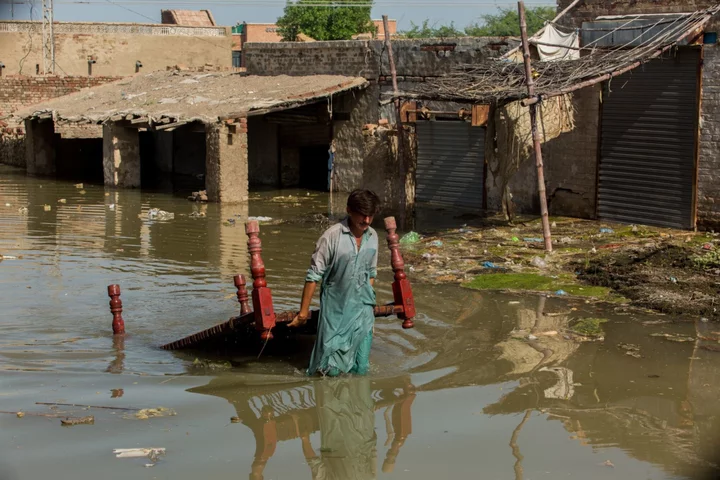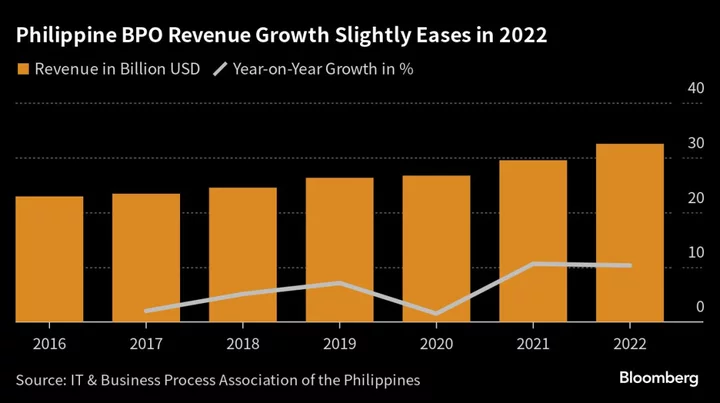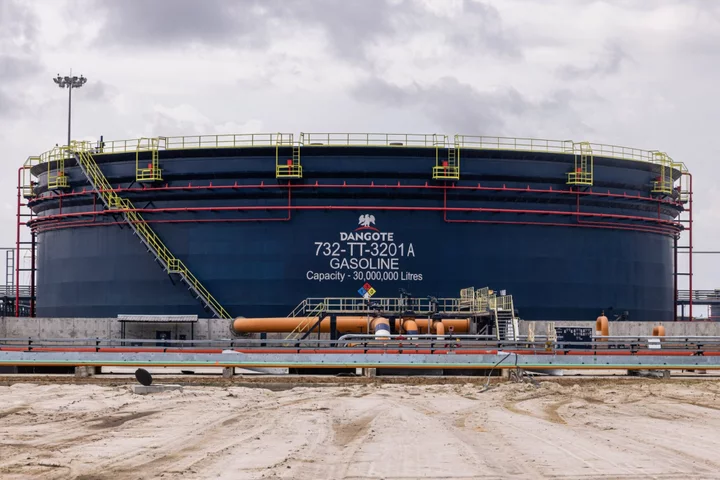Brazilian banks have committed to deny credit to meatpackers that buy cattle from illegally deforested areas, echoing new European Union regulations intended to protect rainforests.
The sustainability standard released Tuesday by Febraban, Brazil’s bank federation, requires slaughterhouses to adopt a tracking system to monitor its entire supply chain in the Amazon region and Maranhao state by December 2025. The requirement applies to both direct and indirect suppliers.
Leading meatpackers JBS SA and Marfrig Global Foods SA have commitments to stop buying cattle from indirect suppliers linked to Amazon illegal deforestation by 2025. The same companies already ban direct purchases from areas illegally cleared.
The group representing Brazil beef exporters, known as Abiec, objected to what it says is a double standard by the banks, noting that landowners do not face the same requirements for financing.
“It is important that banks adopt the same environmental requirements for all account holders, including owners of rural areas,” the group said in an emailed statement.
The group added that beef producers have banned more than 20,000 ranchers from selling cattle to members due to illegal environmental practices.
So far, 21 banks have signed the protocol, including Itau Unibanco, Banco do Brasil, Bradesco, Santander and Caixa Economica Federal. Funding activities linked to deforestation can raise credit, reputation and operational risks, Febraban said.
In December, the EU required exporters to prove agricultural commodities, including beef, soy and coffee, did not contribute to deforestation.
(Updates with comments from beef exporting group from fourth paragraph)









